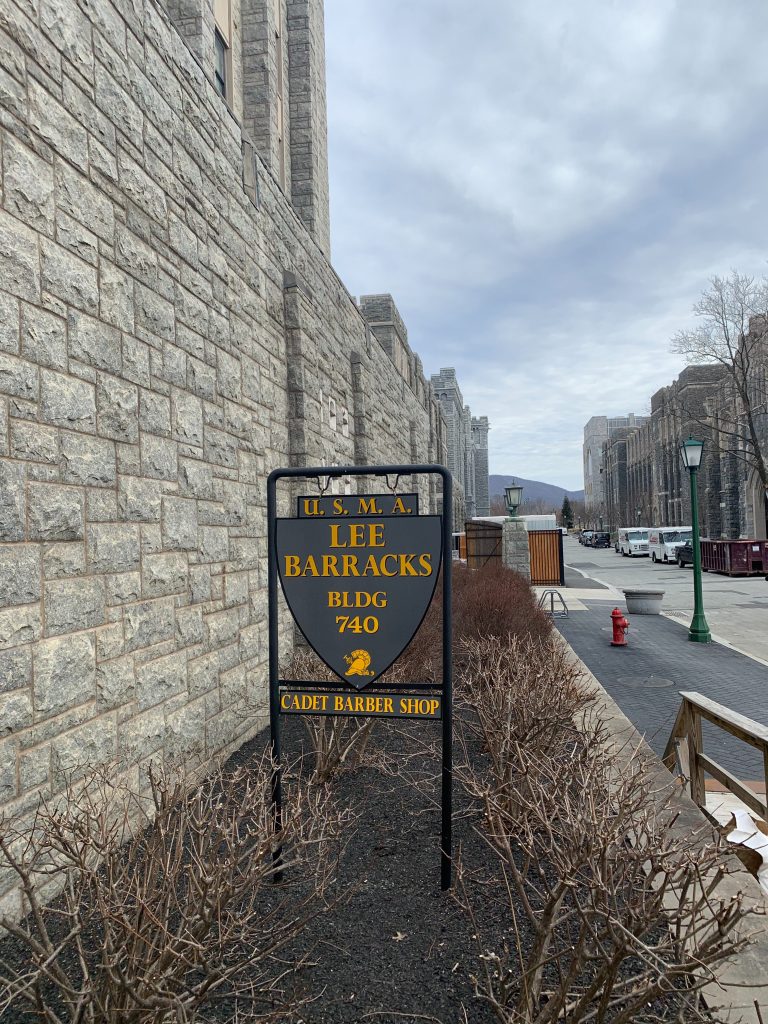
A push to rename a very small portion of West Point and it’s facilities is a shameful attempt to distort and rewrite the history of the Long Gray Line. Robert E. Lee was the ninth superintendent of West Point from 1852-1855 who was responsible for strengthening the academic program and improving many of the facilities at the Academy. Robert E. Lee was a military genius, a great general, and field commander who graduated the academy second in his class with no demerits. He was a fierce warrior. Those are the qualities West Point cadets should emulate, not ignore or destroy due to the politics of the day.
West Point is an institution that should not focus on present or past political squabbles, but rather on its core mission of military tactics and leadership. It is up to civilian voices to discuss the politics of the day as Douglas MacArthur once said in his address to the Corps of Cadets in 1962. The study of Robert E. Lee and memorializations of him on academy grounds is conducive in inculcating the type of military competency and character we expect from our cadets and future military leaders.
Furthermore, President Eisenhower, who defeated the Nazis, kept a picture of Lee in the Oval Office. His reasoning was that he felt Lee was
"...one of the supremely gifted men produced by our Nation. He believed unswervingly in the Constitutional validity of his cause which until 1865 was still an arguable question in America; he was a poised and inspiring leader, true to the high trust reposed in him by millions of his fellow citizens; he was thoughtful yet demanding of his officers and men, forbearing with captured enemies but ingenious, unrelenting and personally courageous in battle, and never disheartened by a reverse or obstacle. Through all his many trials, he remained selfless almost to a fault and unfailing in his faith in God. Taken altogether, he was noble as a leader and as a man, and unsullied as I read the pages of our history. From deep conviction, I simply say this: a nation of men of Lee’s calibre would be unconquerable in spirit and soul. Indeed, to the degree that present-day American youth will strive to emulate his rare qualities, including his devotion to this land as revealed in his painstaking efforts to help heal the Nation’s wounds once the bitter struggle was over, we, in our own time of danger in a divided world, will be strengthened and our love of freedom sustained."
The Civil War was West Point’s war in which both sides were commanded by West Point officers. It would be a disgrace for the institution to forget how closely tied it was to the war itself.
It is important to note that there would have been no Civil War but for the existence of slavery. However, that does not mean everyone who fought for the South did so because he was a devotee of the “peculiar institution” — let alone a slaveowner. Many Southerners like Lee fought because they believed their homeland was being invaded. Many thousands gave their lives to defend it. It is important to consider the mindset of those during the times. People are a product of the generation in which they lived. When Lee was offered command of the entire Federal Army by by Blair at Lincoln's bequest, he stated, “I can not draw my sword against my country...my family.” Lee looked upon Virginia as his country and when Virginia called upon him for their defense he answered the call. Lee’s decision to lead the Army of Northern Virginia was the most grueling decision he ever made. He couldn't take up arms against Virginia which was his home so he tendered his resignation from the Federal Army.
History is complex and complicated. It is up to us to deal with that complexity instead of taking the easy road of erasing it. Like it or not he is a graduate of the institution and should be studied for his military ingenuity. If removed, will memorializations of Washington and Jefferson, both slaveowners, whose names are commemorated in the mess hall and library, be next?
























